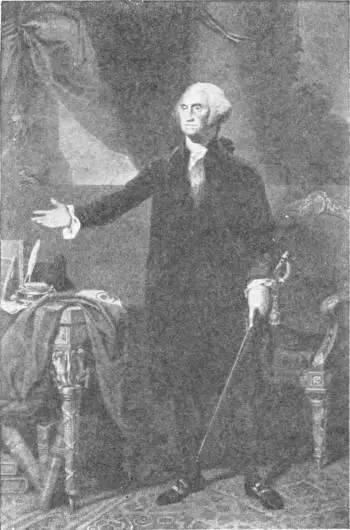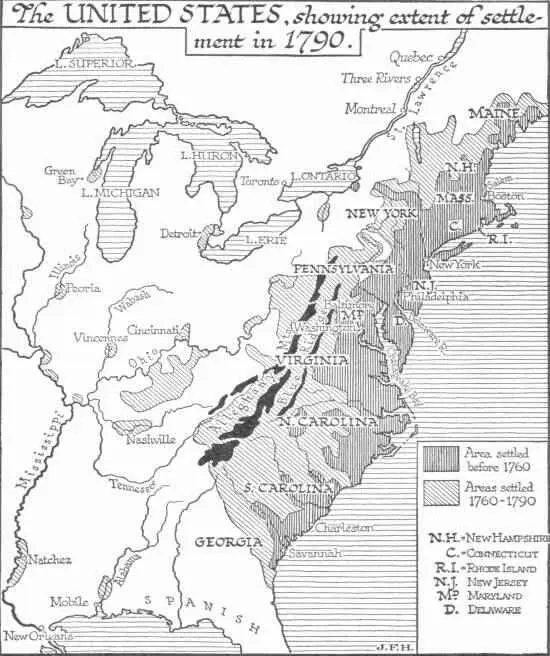Herbert Wells - A Short History of the World
Здесь есть возможность читать онлайн «Herbert Wells - A Short History of the World» весь текст электронной книги совершенно бесплатно (целиком полную версию без сокращений). В некоторых случаях можно слушать аудио, скачать через торрент в формате fb2 и присутствует краткое содержание. Год выпуска: 2011, Жанр: История, на английском языке. Описание произведения, (предисловие) а так же отзывы посетителей доступны на портале библиотеки ЛибКат.
- Название:A Short History of the World
- Автор:
- Жанр:
- Год:2011
- ISBN:нет данных
- Рейтинг книги:4 / 5. Голосов: 1
-
Избранное:Добавить в избранное
- Отзывы:
-
Ваша оценка:
- 80
- 1
- 2
- 3
- 4
- 5
A Short History of the World: краткое содержание, описание и аннотация
Предлагаем к чтению аннотацию, описание, краткое содержание или предисловие (зависит от того, что написал сам автор книги «A Short History of the World»). Если вы не нашли необходимую информацию о книге — напишите в комментариях, мы постараемся отыскать её.
A Short History of the World — читать онлайн бесплатно полную книгу (весь текст) целиком
Ниже представлен текст книги, разбитый по страницам. Система сохранения места последней прочитанной страницы, позволяет с удобством читать онлайн бесплатно книгу «A Short History of the World», без необходимости каждый раз заново искать на чём Вы остановились. Поставьте закладку, и сможете в любой момент перейти на страницу, на которой закончили чтение.
Интервал:
Закладка:
Because until right into the nineteenth century, it must be remembered, the link of all these overseas empires was the oceangoing sailing ship. On land the swiftest thing was still the horse, and the cohesion and unity of political systems on land was still limited by the limitations of horse communications.
Now at the end of the third quarter of the eighteenth century the northern two-thirds of North America was under the British crown. France had abandoned America. Except for Brazil, which was Portuguese, and one or two small islands and areas in French, British, Danish and Dutch hands, Florida, Louisiana, California and all America to the south was Spanish. It was the British colonies south of Maine and Lake Ontario that first demonstrated the inadequacy of the sailing ship to hold overseas populations together in one political system.
These British colonies were very miscellaneous in their origin and character. There were French, Swedish and Dutch settlements as well as British; there were British Catholics in Maryland and British ultra-Protestants in New England, and while the New Englanders farmed their own land and denounced slavery, the British in Virginia and the south were planters employing a swelling multitude of imported negro slaves. There was no natural common unity in such states. To get from one to the other might mean a coasting voyage hardly less tedious than the transatlantic crossing. But the union that diverse origin and natural conditions denied the British Americans was forced upon them by the selfishness and stupidity of the British government in London. They were taxed without any voice in the spending of the taxes; their trade was sacrificed to British interests; the highly profitable slave trade was maintained by the British government in spite of the opposition of the Virginians who—though quite willing to hold and use slaves—feared to be swamped by an ever-growing barbaric black population.

GEORGE WASHINGTON
(From a painting by Gilbert Stuart)
Britain at that time was lapsing towards an intenser form of monarchy, and the obstinate personality of George III (1760- 1820) did much to force on a struggle between the home and the colonial governments.
The conflict was precipitated by legislation which favoured the London East India Company at the expense of the American shipper. Three cargoes of tea which were imported under the new conditions were thrown overboard in Boston harbour by a band of men disguised as Indians (1773). Fighting only began in 1775 when the British government attempted to arrest two of the American leaders at Lexington near Boston. The first shots were fired in Lexington by the British; the first fighting occurred at Concord.

THE BATTLE OF BUNKER HILL, NEAR BOSTON
(From the engraving of the picture by John Trumbull in the British Museum)
So the American War of Independence began, though for more than a year the colonists showed themselves extremely unwilling to sever their links with the mother land. It was not until the middle of 1776 that the Congress of the insurgent states issued “The Declaration of Independence.” George Washington, who like many of the leading colonists of the time had had a military training in the wars against the French, was made commander-in-chief. In 1777 a British general, General Burgoyne, in an attempt to reach New York from Canada, was defeated at Freemans Farm and obliged to surrender at Saratoga. In the same year the French and Spanish declared war upon Great Britain, greatly hampering her sea communications. A second British army under General Cornwallis was caught in the Yorktown peninsula in Virginia and obliged to capitulate in 1781. In 1783 peace was made in Paris, and the Thirteen Colonies from Maine to Georgia became a union of independent sovereign States. So the United States of America came into existence. Canada remained loyal to the British flag.

For four years these States had only a very feeble central government under certain Articles of Confederation, and they seemed destined to break up into separate independent communities. Their immediate separation was delayed by the hostility of the British and a certain aggressiveness on the part of the French which brought home to them the immediate dangers of division. A Constitution was drawn up and ratified in 1788 establishing a more efficient Federal government with a President holding very considerable powers, and the weak sense of national unity was invigorated by a second war with Britain in 1812. Nevertheless the area covered by the States was so wide and their interests so diverse at that time, that—given only the means of communication then available—a disintegration of the Union into separate states on the European scale of size was merely a question of time. Attendance at Washington meant a long, tedious and insecure journey for the senators and congressmen of the remoter districts, and the mechanical impediments to the diffusion of a common education and a common literature and intelligence were practically insurmountable. Forces were at work in the world however that were to arrest the process of differentiation altogether. Presently came the river steamboat and then the railway and the telegraph to save the United States from fragmentation, and weave its dispersed people together again into the first of great modern nations.
Twenty-two years later the Spanish colonies in America were to follow the example of the Thirteen and break their connection with Europe. But being more dispersed over the continent and separated by great mountainous chains and deserts and forests and by the Portuguese Empire of Brazil, they did not achieve a union among themselves. They became a constellation of republican states, very prone at first to wars among themselves and to revolutions.
Brazil followed a rather different line towards the inevitable separation. In 1807 the French armies under Napoleon had occupied the mother country of Portugal, and the monarchy had fled to Brazil. From that time on until they separated, Portugal was rather a dependency of Brazil than Brazil of Portugal. In 1822 Brazil declared itself a separate Empire under Pedro I, a son of the Portuguese King. But the new world has never been very favourable to monarchy. In 1889 the Emperor of Brazil was shipped off quietly to Europe, and the United States of Brazil fell into line with the rest of republican America.
LV
THE FRENCH REVOLUTION AND THE RESTORATION OF MONARCHY IN FRANCE
BRITAIN had hardly lost the Thirteen Colonies in America before a profound social and political convulsion at the very heart of Grand Monarchy was to remind Europe still more vividly of the essentially temporary nature of the political arrangements of the world.
We have said that the French monarchy was the most successful of the personal monarchies in Europe. It was the envy and model of a multitude of competing and minor courts. But it flourished on a basis of injustice that led to its dramatic collapse. It was brilliant and aggressive, but it was wasteful of the life and substance of its common people. The clergy and nobility were protected from taxation by a system of exemption that threw the whole burden of the state upon the middle and lower classes. The peasants were ground down by taxation; the middle classes were dominated and humiliated by the nobility.
Читать дальшеИнтервал:
Закладка:
Похожие книги на «A Short History of the World»
Представляем Вашему вниманию похожие книги на «A Short History of the World» списком для выбора. Мы отобрали схожую по названию и смыслу литературу в надежде предоставить читателям больше вариантов отыскать новые, интересные, ещё непрочитанные произведения.
Обсуждение, отзывы о книге «A Short History of the World» и просто собственные мнения читателей. Оставьте ваши комментарии, напишите, что Вы думаете о произведении, его смысле или главных героях. Укажите что конкретно понравилось, а что нет, и почему Вы так считаете.








